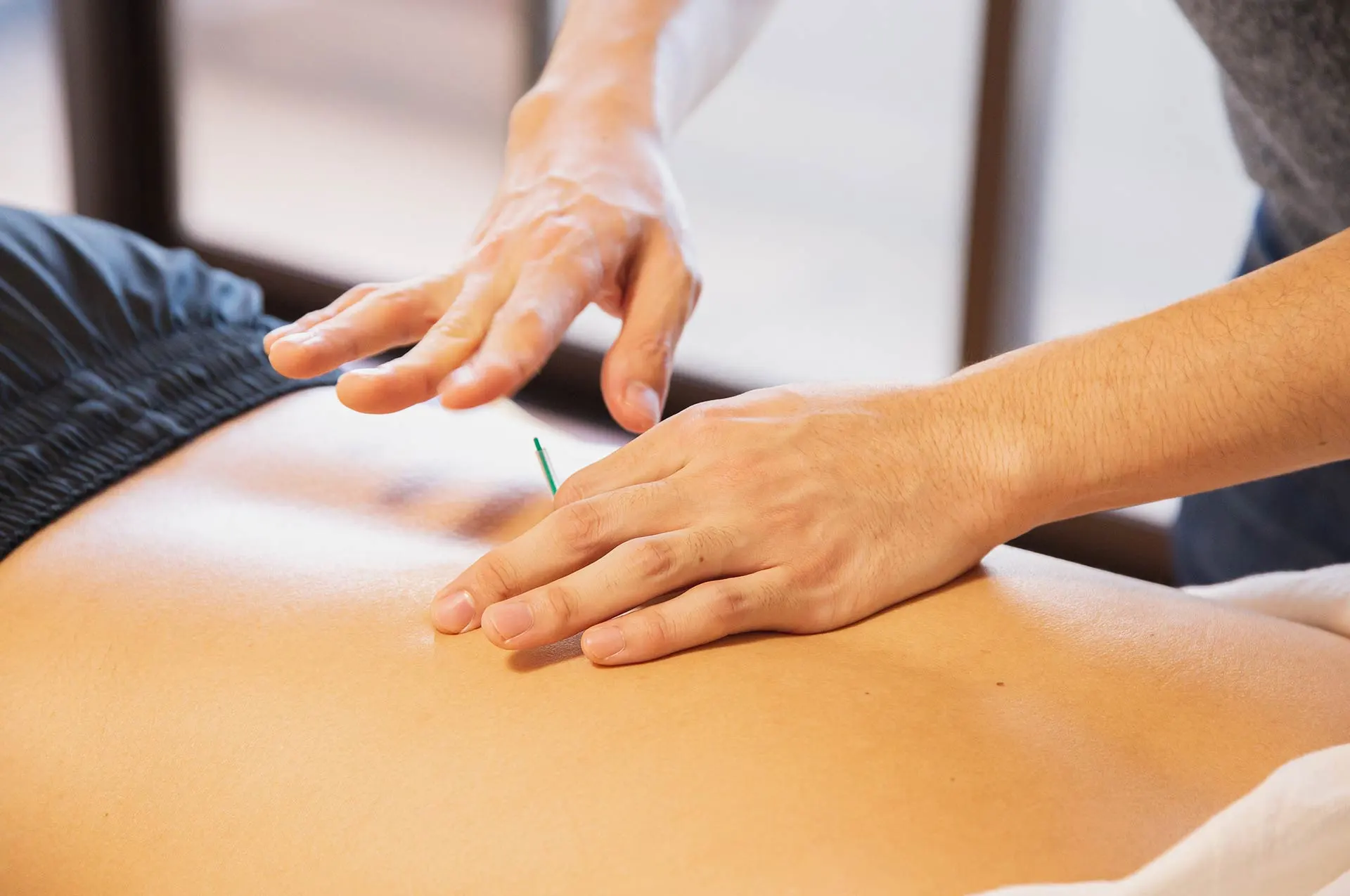What is your Temporomandibular Joint?
Your TMJ or jaw is once of the most used joints in your body on a daily basis. Your TMJ is involved when you eat, talk, yawn, show emotions and when you breath. If you start to experience concerns within your jaw it is known as temporomandibular dysfunction. You may or may not experience pain or tenderness with your TMJ dysfunction. The main symptoms people report generally include:
- Clicking or popping within the jaw
- Decreased ability to open the mouth wide
- Difficulty biting down, particularly on hard foods such as carrots, apples
- Inability to fully clench the jaw shut
- Grinding or clenching of the jaw at night is also common
Neck pain, ear ache/pain, headaches and ringing in the ear can also be symptoms associated with TMJ dysfunction.
What causes my TMJ Dysfunction?
TMJ dysfunction is classed as a multifaceted musculoskeletal concern, meaning there is generally a combination of factors contributing to your pain or dysfunction. These can include:
- Grinding or clenching of teeth at night time which can cause asymmetrical alignment and movement within the jaw
- Overactivity of the muscles used to eat/chew/talk
- Displacement of the articular disc within the joint
- Overbite or underbite
- Recent dental work (prolonged mouth opening, removal of wisdom teeth)
- Poor neck/upper body posture
- Whiplash or direct trauma to the jaw
- Stress
To work out the cause of your TMJ pain/dysfunction a thorough assessment will be undertaken which may include looking at:
- Jaw movement and range of motion
- Jaw movement patterns
- Muscle tension/tightness
- Neck range of motion
- Postural assessment
You will also be asked to provide a subjective history which will help your physiotherapist to determine the cause and the best course of treatment.
How will you treat my TMJ dysfunction?
Treatment techniques are aimed at improving/restoring the normal alignment of the jaw and may include treatment such as:
- TMJ joint mobilisation techniques
- Soft tissue massage
- Muscle relaxation and movement coordination exercises
- TMJ movement pattern and timing correction exercises
- Joint capsule stretches
- Postural correction education and exercises
- Treatment of the neck and upper back region
- Dry needling/acupuncture
If your jaw is affected by a closing disorder, then your physiotherapist may refer you back to your dentist for their assistance in managing your TMJ dysfunction. The dentist will be able to provide you with a plate that will prevent you from clenching and grinding your teeth at night whilst you sleep.
With the appropriate treatment, TMJ dysfunction usually resolves successfully, with many studies showing that the majority of patients (75%) improve within a 3 month period of commencing treatment. Most patients will notice a good improvement within the first 3-4 weeks of treatment.
What can I do to help prevent my TMJ Dysfunction worsening?
- Avoid continuous low load activities such as chewing gum
- Avoid clenching down on pens/pencils/cigars in the mouth
- Avoid leaning on your jaw with your hand
- Avoid biting into hard foods such as apples/carrots – chop into smaller pieces first
- Avoid wide mouth opening such as eating a large burger, yawning etc.
If you would like assistance managing and resolving your TMJ dysfunction please call us on (07) 4153 1920 to book an appointment with Rachael, who has a special interest in treating this condition.




